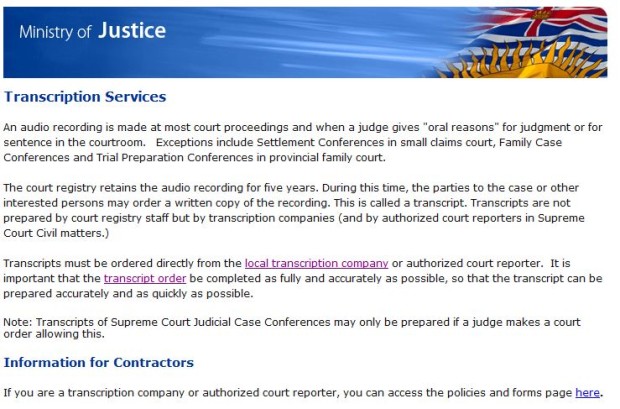I saw this documentary not too long ago that covered the top of a psychopath and how this personality isn’t necessarily the way it is portrayed in a movie. For example, an axe wielding maniac that has no remorse for the people they harm. Instead, it goes into a conversation on how these are everyday people who could essentially be like your high ranking colleague at work that manipulates and abuses people to get ahead. You can see the documentary here which was called The Psychopath Next Door:
For Dr Hare’s work it seems like most people use this checklist he developed to identity a psychopath:
-Glib and superficial charm
-Grandiose (exaggeratedly high) estimation of self
-Need for stimulation
-Pathological lying
-Cunning and manipulativeness
-Lack of remorse or guilt
-Shallow affect (superficial emotional responsiveness)
-Callousness and lack of empathy
-Parasitic lifestyle
-Poor behavioral controls
-Sexual promiscuity
-Early behavior problems
-Lack of realistic long-term goals
-Impulsivity
-Irresponsibility
-Failure to accept responsibility for own actions
-Many short-term marital relationships
-Juvenile delinquency
-Revocation of conditional release
-Criminal versatility
Why was this important? Just recently I read this article at a site called high conflict resolution and the article revolved around the topic of people that lie in family court which you can read at: http://www.highconflictinstitute.com/articles/articles-for-professionals/78-hci-articles/published-articles/98-lying-in-family-court
There were so many points that I agreed with where it seems like if people tell a false story in court in general there is simply nothing that is actually done about it. In the article it makes a statement that says while perjury is classified as a crime a lot of judges “may assume both parties are lying or just weigh their credibility.” To top it off the last part says “With no specific consequence, the risks of lying are low.” That last line had me pretty much saying “You wonder why some cases take so long?”
Now generally speaking a judge’s job is to try and flush out the truth in a non-bias manner correct? That’s why the section about “Detecting Deception” was really fascinating to me. It stated that “Few people can visually detect deception. Research on judges, federal polygraphers, psychiatrists and college students showed that all were no better than chance using a standardized videotape test. “
This reminded me of court again where for a lot of the process it didn’t seem like judges were actually forced to do their homework on cases such as reading all the documents ahead of time. Instead, to me it felt at times that certain people thought their year’s of experience was good enough. Like with my example, look at the wacky results that were produced in court where the main difference was who the judge was. In that sense, isn’t not reading the facts and instead relying on one’s senses in a way bias if you think about it?
Lastly, there was a part about examining records which states “Studies have shown that examining documents for contradictions has been more reliable than focusing on non-verbal cues. In fact, they have found that evaluators were best at lie detection when they were blind to nonverbal cues. Those who just read transcripts were the most accurate.”
Isn’t that how a court case should be handled? Example, first you read all of the person’s facts, testimonies and statements where when it comes time to actually see the people in-person then it is more about confirming those facts? That simply isn’t the case from my experience having gone through the BC court system.
Reading that article then made me think of that documentary I saw about a psychopath (Or some people label it as a sociopath). Let’s just pretend you had a professional psychologist confirm that someone had this type of a personality. From what I gather, it is all a game to them. Like say that family court example where it stated “A mother involved in a custody battle told the court in dramatic detail about physical abuse at the hands of her husband. She even submitted reports of visits to doctors and emergency rooms for her bruises.”
Pretend the person was a psychopath/sociopath and how they are really that good at manipulating people. Isn’t it fair to say that without enforcing things like a punishment for blatantly lying at any time throughout the court process it is simply encouraging people to abuse the system? Don’t forget the torment that the real victim would be going through too. I would imagine if the person knew they were going to be punished in a way that will affect them greatly when caught that it is a strong incentive to tell the truth which in-turn speeds up the court case.
Cause for most people I would imagine risk and reward is a motivator to doing things like blatantly telling a lie in court. If the worst case scenario is that someone will simply lose your case as is and they know they have a chance to manipulate people emotionally with no recourse then why would they not proceed to do so? It seems that people often need extreme examples to really understand the concern and so imagine if there was a personality type like this in court.




